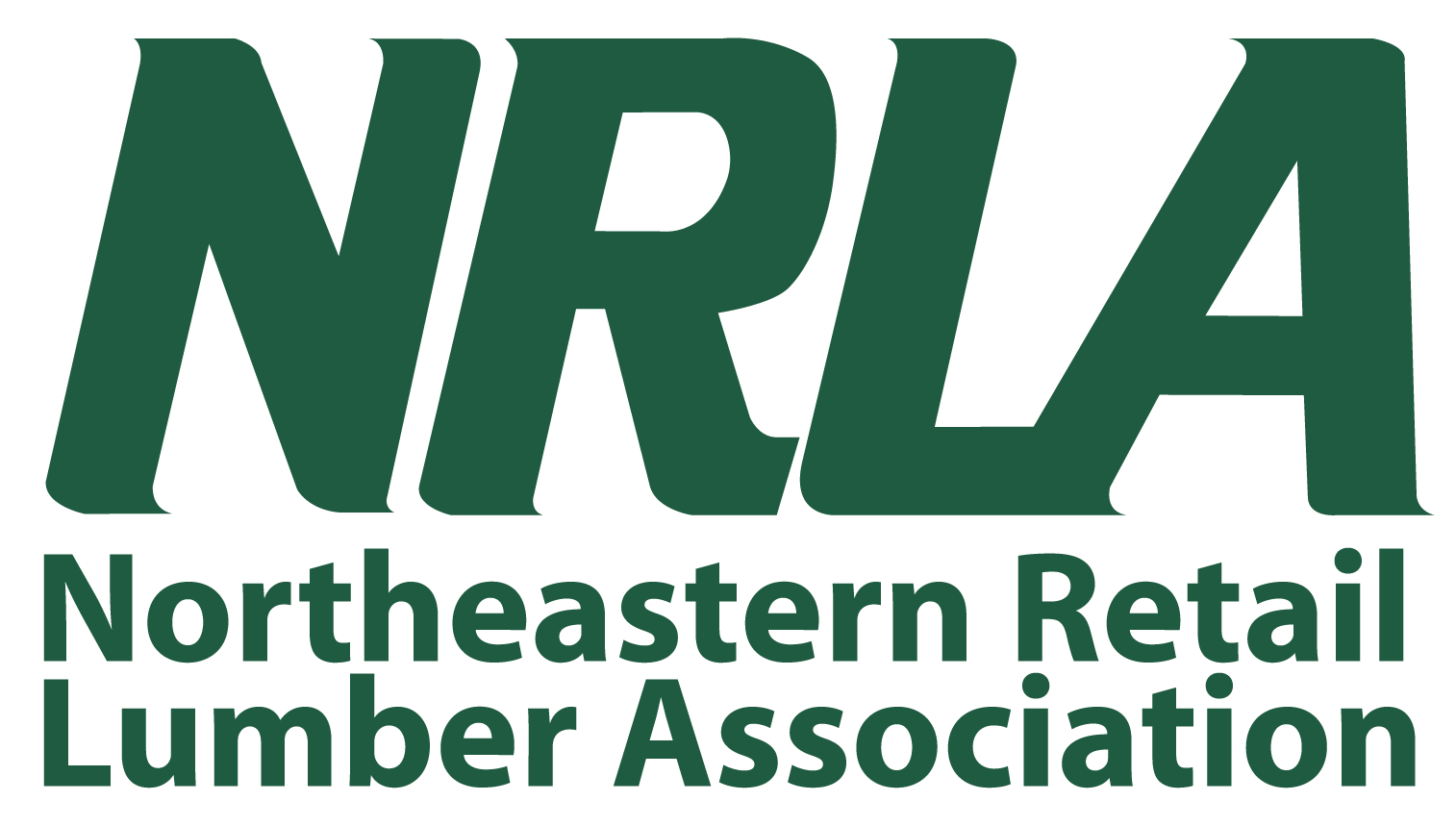Like most in our business, I’ve always been a firm believer in the first rule of management: expect what you inspect. But I’ve also always been committed to empowering employees. If you want to attract and keep good people, nothing works quite like giving them responsibility for—and authority over—significant projects.
The trick is monitoring those projects without micromanaging them.
Many years ago, the company I was with moved out of an outdated facility and into a much newer, but shuttered, facility a few towns away. Behind the main building was a 150-by-50-foot shed roof, open on three sides, that once housed the predecessor’s lawn and garden department. Nothing against Petunias, but we believed contractors were not going to buy lawn and garden products. So, since our business was more than 90% contractor, we decided to do something else with the space.
We determined the space would be just the right size for our window inventory. All we needed was something to protect the window packaging from the elements. But we also need access from any point on all three sides. The obvious solution was just what lumberyards had been doing for generations: install sliding barn doors on tracks.
If ever there was a project to be delegated, that was it. Mark, a department manager, had come from the yard we were moving from, and I hadn’t yet had a chance to get to know his management style. However, I figured I’d turn the project over to him and find out what he was capable of.
I suggested he look at the barn doors at one of our other locations, but I told him he was free to explore other options. About a week later, he stopped by my office. “I priced out barn doors, and we could go that way,” he said, “but I’ve been doing some research at home on the Internet, and I think I have a better solution.”
Research? On the Internet? I began to get a sinking feeling; after all, this wasn’t brain surgery (keep in mind, this was about 25 years ago).
“I found a company that makes sails for boats, but they’ll fabricate anything,” he continued. “I called them, and they suggested a heavy-duty, vinyl-coated marine fabric between the posts, with roll-up mechanisms that let you raise and lower each panel like a window shade. What do you think?”
What did I think? I thought I had asked for weather protection, not a circus tent.
I couldn’t say that, though. No matter how seemingly strange the idea, managers who truly believe in empowerment never simply pull the rug out from under an employee.
Instead, they add conditions. “Okay,” I said, “but before you proceed, make sure this system is extremely durable, looks professional, is simple to operate, and is cost-effective. We know barn doors would do the job; we need to make sure that the fabric idea will too.” He agreed.
The following week, I went on vacation, confident that I had tactfully but effectively killed the circus tent idea. I expected to see a barn door proposal on my desk when I returned.
Instead, what I saw the following Monday was an invoice from the sail company. The fabric panels were custom-made and installed, and our crew was moving windows into the area under Mark’s supervision.
“It looks great, doesn’t it?” he said with a grin when he saw me staring at it. “I checked their references, and everyone I talked to loves the system,” he said. Plus, it was less expensive than the barn door option. I knew you wouldn’t want to wait, so I went ahead and placed the order. Coincidentally, they had an opening in their schedule and were able to complete the job quickly.”
In fact, it did look good, and it worked well too. The best of all, however, is that I discovered Mark already knows the second rule of management: It’s easier to ask for forgiveness than ask for permission.
Mike McDole has 40+ years of actual LBM experience, including being SVP of a large regional pro-dealer, and is the principal of Firing Line LBM Advisors. He’s also partners with Greg Brooks of the Executive Council on Construction Supply and his LMS. Mike can be reached at 774.372.1367 or Mike@FiringLineLBM.com.







